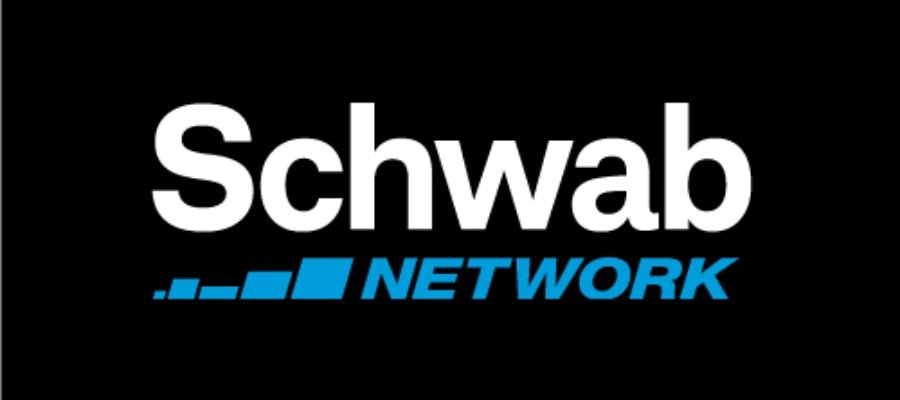
Responsible Investing Within a Family Private Foundation Setting
The Big Picture: A couple in their 60s wanted to align their wealth with their morals. TwinFocus applied social responsibility filters across their family foundation and grant-making activities, creating a lasting impact on local communities and instilling valuable lessons in their own children and grandchildren.
The Backdrop: One of the top concerns of our ultra-high-net-worth families is how to use their wealth for good and align their investments with their moral values. In this report, 55% of high net-worth individuals said investing in causes with an ESG impact is a critical wealth management objective. Top motivators for responsible investing include:
- goal of higher returns
- increased understanding of ESG products
- positive environmental impact
- a desire to give back to society
Our Approach: Our approach to Responsible Investing is expansive, encompassing investments and many aspects of an integrated family office solution. We work to ensure that clients can meet their goals without having to choose between profits and purpose.
Here’s how we helped one family pursue their desire to make a positive contribution to the world in an effective, smart, and fiscally responsible way.
The Situation: Our clients, a same-sex couple in their late 60s who generated their wealth from a successful career in financial services, came to us with an imperative. They were adamant that they did not want to engage in passive investments targeting fossil fuels or sin stocks (gambling, alcohol, tobacco and weapons companies), or in structured credit strategies that exploited distressed homeowners and borrowers during the global financial crisis. This was critical as they wanted to demonstrate to their children and grandchildren how valuable it is to make a positive impact on the world with their wealth.
Our Solution: Our research team applied specific filters to the due diligence process to identify and make recommendations aligned with the family’s ESG/social responsibility parameters. We continue this process on an ongoing basis as their criteria evolve.
We applied these same filters to the family’s multi-million-dollar private family foundation endowment, albeit with certain caveats. We are continuously balancing the need for prudent Modern Portfolio Theory1 and fiduciary investing to charitable endowment assets with regulatory requirements imposed by the Treasury Department and other government agencies. While this discipline is not without controversy or uncertainty, we are careful and deliberate in how we manage family philanthropic endowment assets, knowing we are balancing all of these countervailing interests and requirements while trying to achieve very specific objectives.
More importantly, we applied similar social responsibility filters to the family’s grant-making efforts. Instead of making direct grants, we structured loans as well as other commercial transactional exercises to impact the charitable organizations they wanted to benefit through their foundation. This allowed certain organizations the ability to raise cost-effective capital to pursue their mission goals, at a time when private capital markets were not available to such organizations and activities. We also structured the purchases of large plots of land, contiguous to a targeted organization to prevent encroachment of real estate development and to allow the organization to utilize the land for sustainable farming and local school field trips on which children could learn about these practices.
In tandem, we helped convert all of an organization’s buildings to sustainable energy while taking advantage of certain solar tax credits to further benefit the organization’s mission-related activities. Finally, we helped structure a supporting organization, functionally integrated with the family foundation, to help an existing charitable organization facilitate certain community benefits, such as maintaining a local cemetery and supporting the local Diocese.
The Bottom Line: Responsible investing has become a much more important part of the conversation with our families over the last 10 years. It is not solely about charity or pure philanthropic aims, but instead it is an opportunity for investors to have a financial influence that generates a values-based impact on their investment—whether around social, environmental or governance issues. TwinFocus is committed to helping our clients make the world a better place, for both current and future generations.
1Modern Portfolio Theory is an investment theory that allows investors to assemble a portfolio of assets that maximizes expected returns for a given level of risk.
Disclosure: Case studies may not be representative of the experiences of other TwinFocus clients. This material discusses TwinFocus’s efforts to integrate responsible investing principles into its investment processes for one family client. The processes discussed may not be fully implemented, or may be implemented differently, for other clients.


